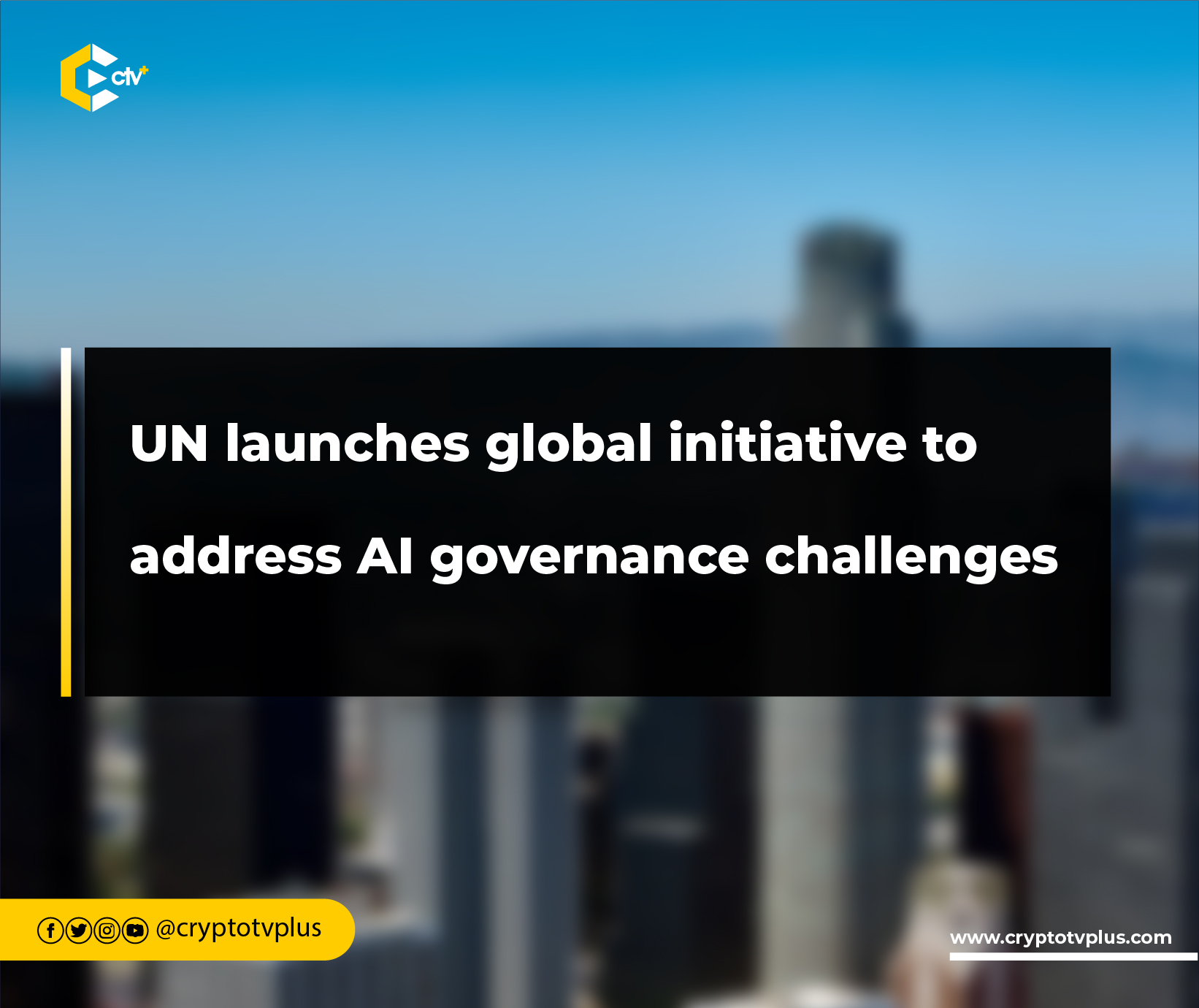News
UN launches global initiative to address AI governance challenges

On Oct. 26, the United Nations Secretary-General António Guterres revealed the establishment of a 39-member advisory committee launched a new international initiative aimed at tackling the challenges of governing artificial intelligence (AI). This initiative comes at a time when AI is becoming increasingly prevalent in all aspects of society, from medicine to transportation to law enforcement, and will bring together experts from around the world to develop policies and standards for AI governance.
The announcement revealed that individuals ranging from tech industry leaders, government representatives spanning from Spain to Saudi Arabia, and scholars from the United States, Russia, and Japan are among the list of participants working on the project.
The initiative’s representatives include executives from leading tech companies, including Hiroaki Kitano, chief technology officer of Sony; Mira Murati, CTO of OpenAI; and Natasha Crampton, chief responsible AI officer of Microsoft. These experts will bring their diverse experiences and perspectives to bear on the challenges of AI governance.
Additionally, reports noted that the representatives possess diverse backgrounds from six different continents. Among them are an AI expert based in the United States Vilas Dhar, Professor Yi Zeng from China, and Mohamed Farahat an Egyptian lawyer.
In an official statement, Guterres mentioned that it is challenging to fully understand the positive impact of AI. He further emphasized:
“And without entering into a host of doomsday scenarios, it is already clear that the malicious use of AI could undermine trust in institutions, weaken social cohesion, and threaten democracy itself.”
The release of OpenAI’s ChatGPT last year sparked a global discussion on the societal implications of AI, raising concerns from researchers and policymakers. Many governments are now developing laws to govern AI, while others have called for increased international cooperation to ensure safe and ethical AI development.
The UN aims to release initial recommendations by the end of 2023, with comprehensive recommendations scheduled for summer 2024. Their immediate priorities include identifying and addressing AI risks and challenges and improving international cooperation in AI governance. The first advisory group meeting is scheduled for Oct. 27, 2023.
Read also: Report: Q3 blockchain gaming Unique Active Wallet surpasses Q2
























